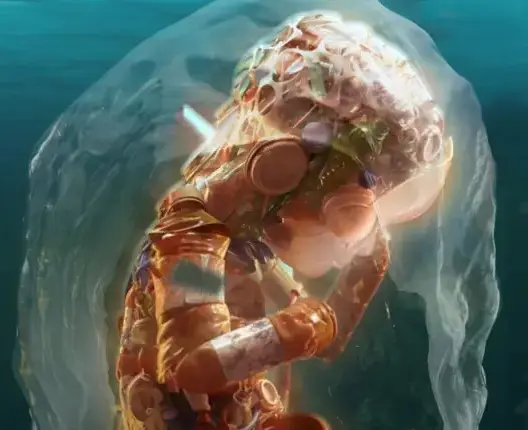.png?version=17492)
.png?version=17494)
"Although we did not reach an agreement, I am hopeful for the future. We did not accept a weak agreement. More than 120 countries support a strong plastics treaty. Without a Global Plastic Treaty, we will continue to fight for stricter laws and regulations around the production of new plastic. Because (micro)plastic is a threat to humans, animals and nature."
- Robbert Meulenveld, director Plastic Soup Foundation
Plastic Soup Foundation continues to work against plastic pollution. We eat, drink and breathe plastic every day. Research shows that humans and animals get sick from plastic. Plastic particles have even been found in unborn babies. Without a strong plastic treaty, this does not change. This must stop - for this generation and all generations to come.



Read more

Read more
.png?version=17474&width=600)
Read more
© 2025 Plastic Soup Foundation